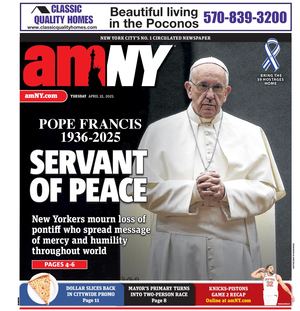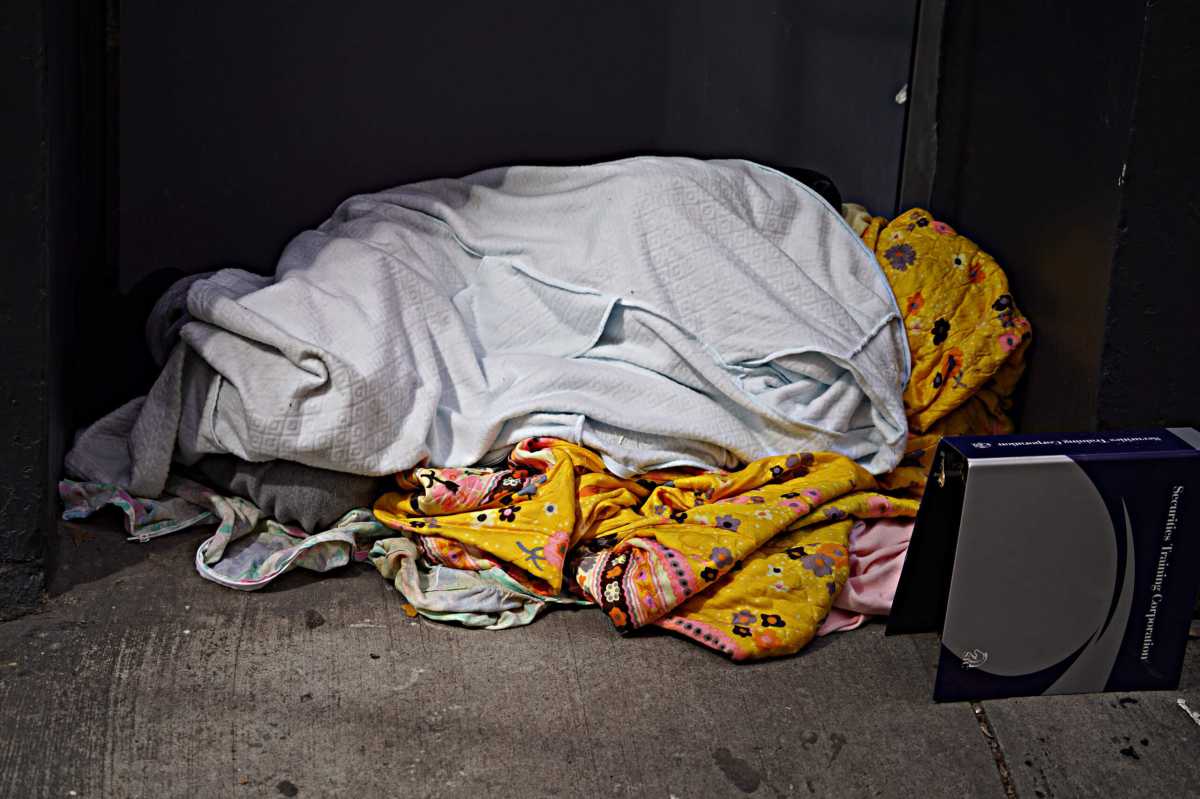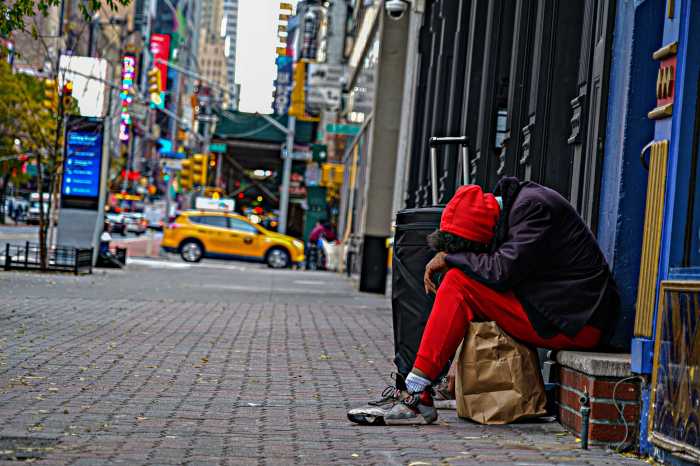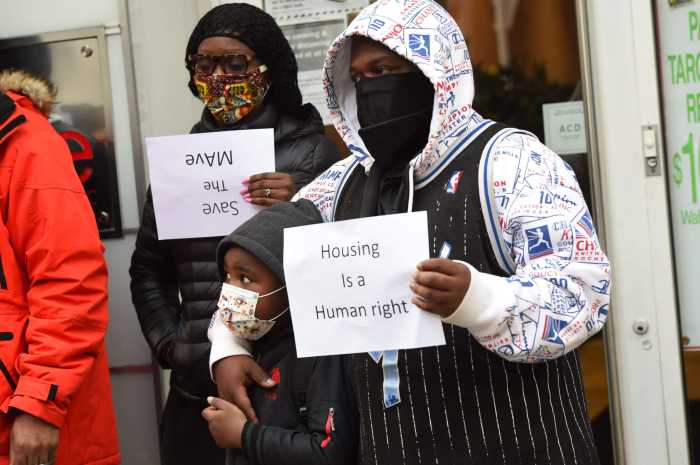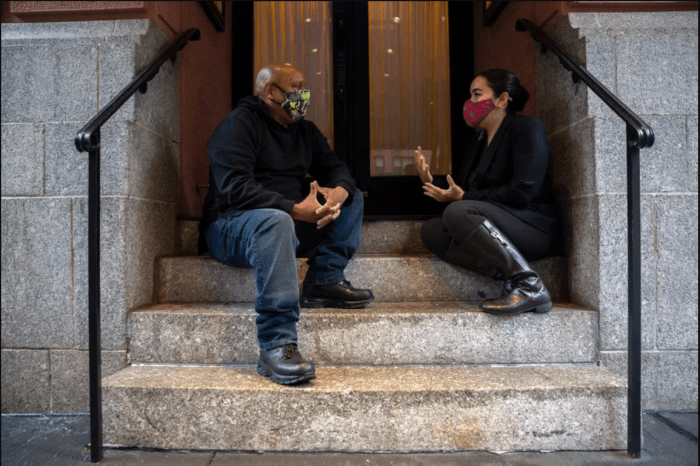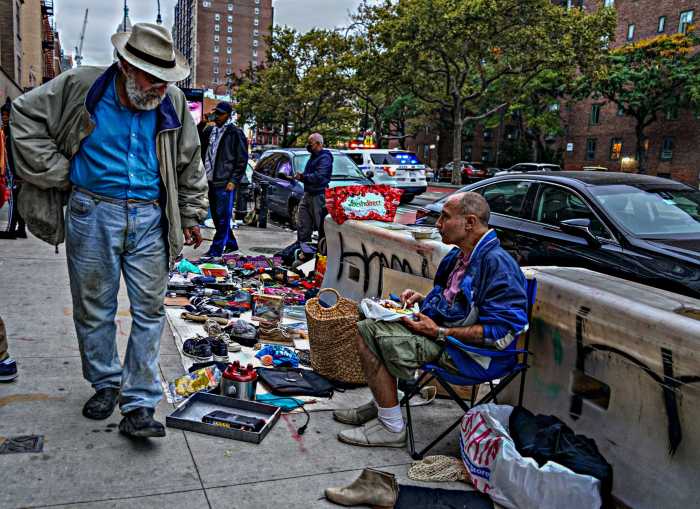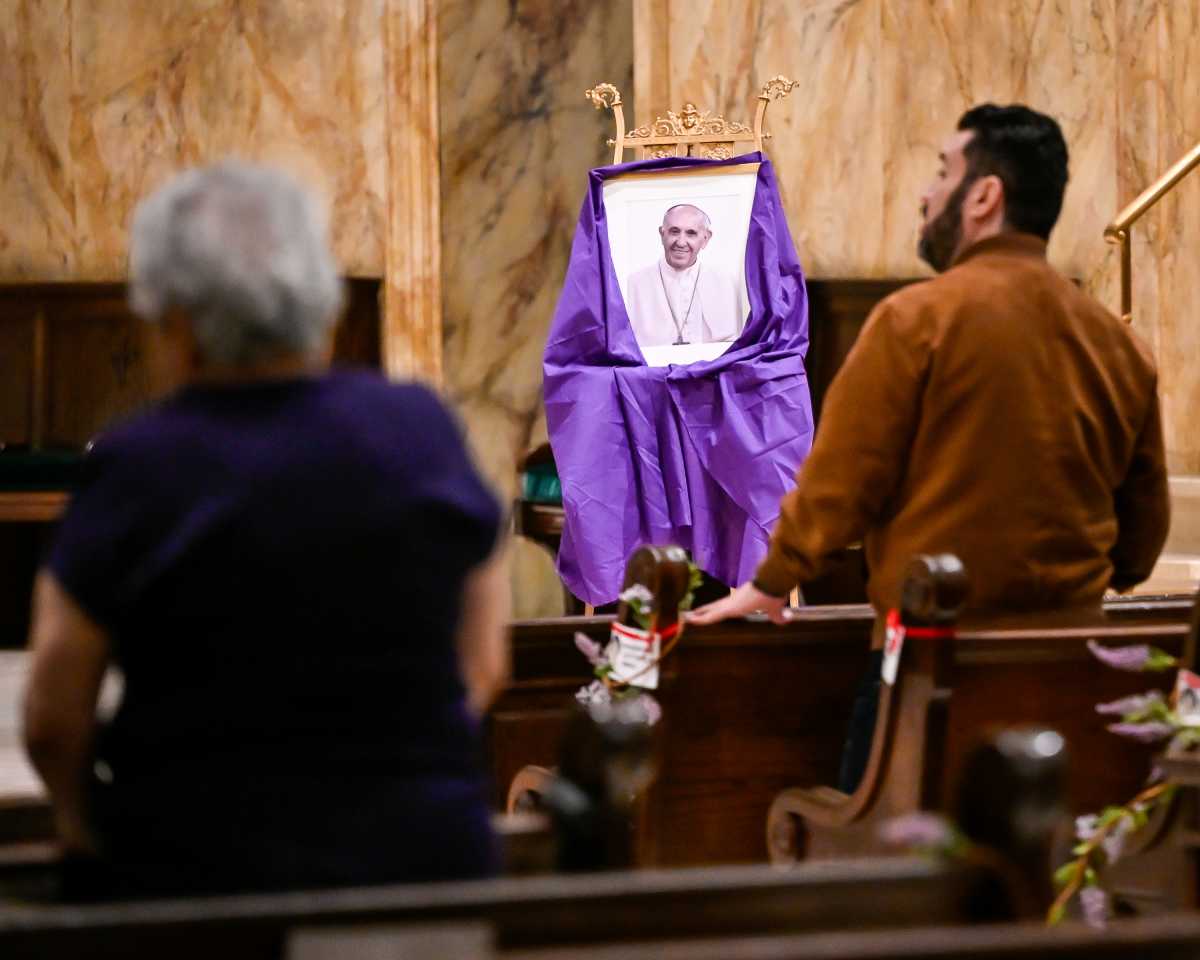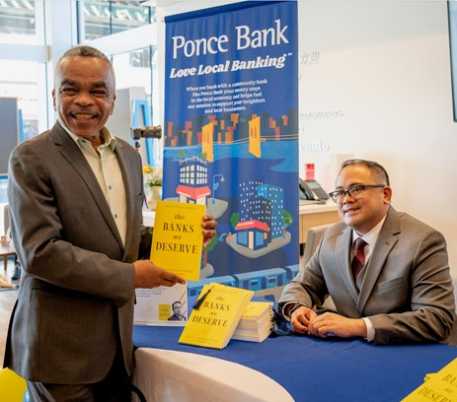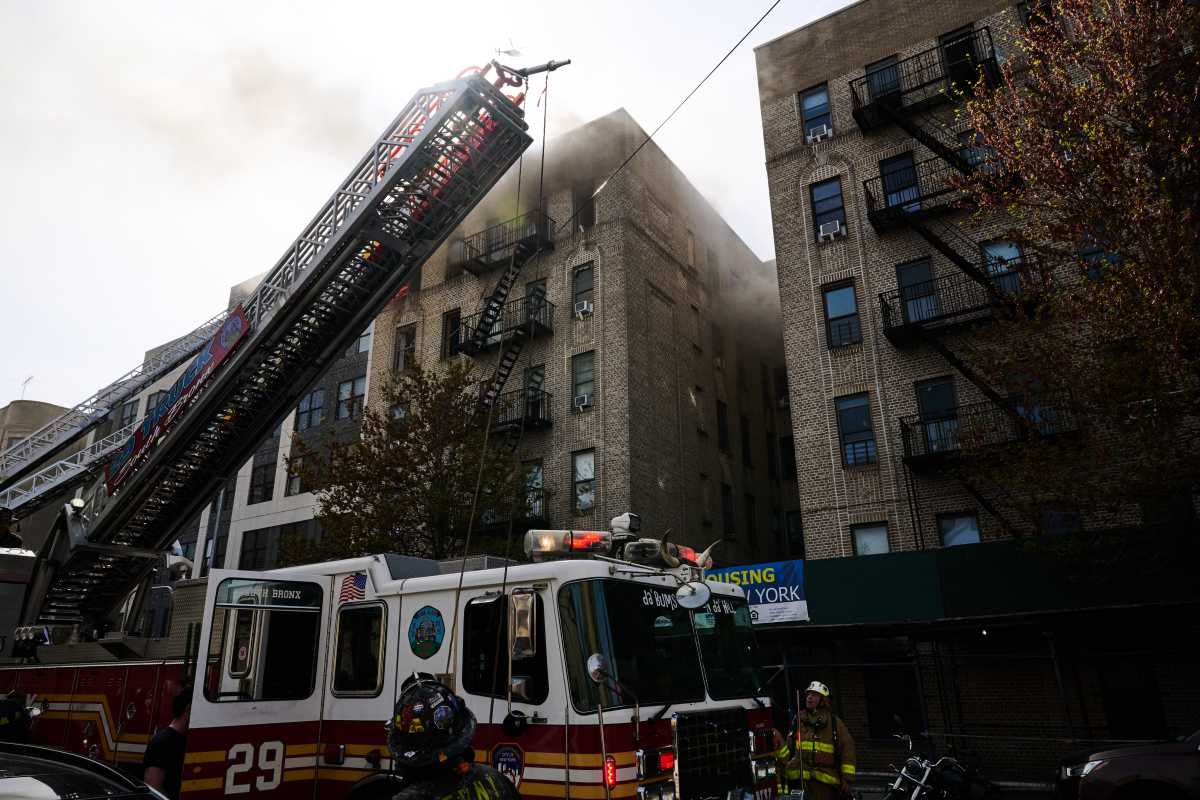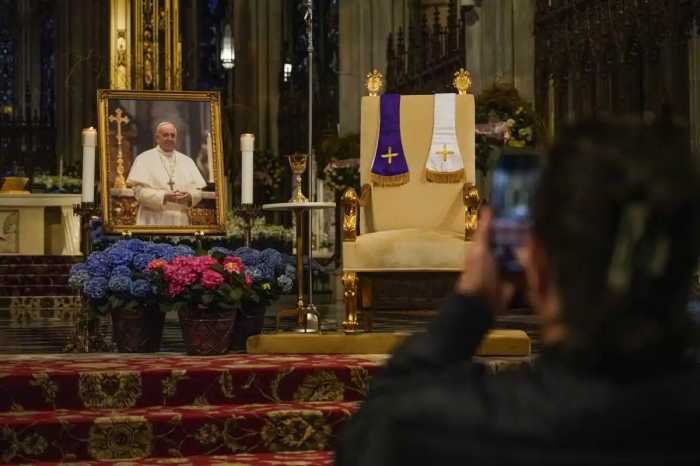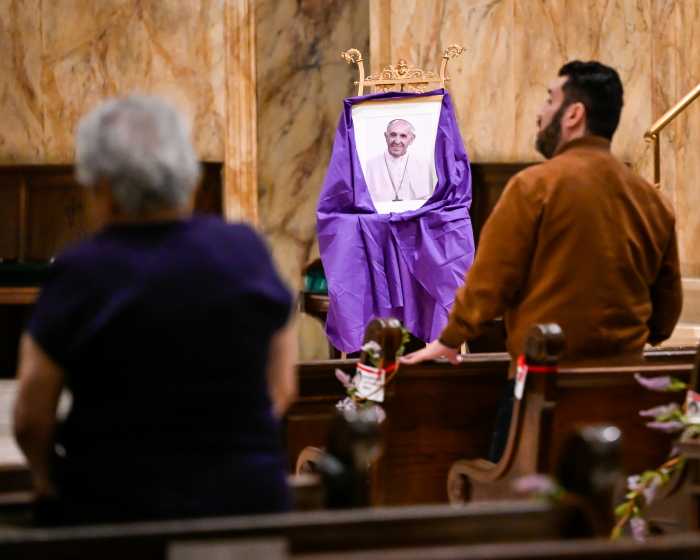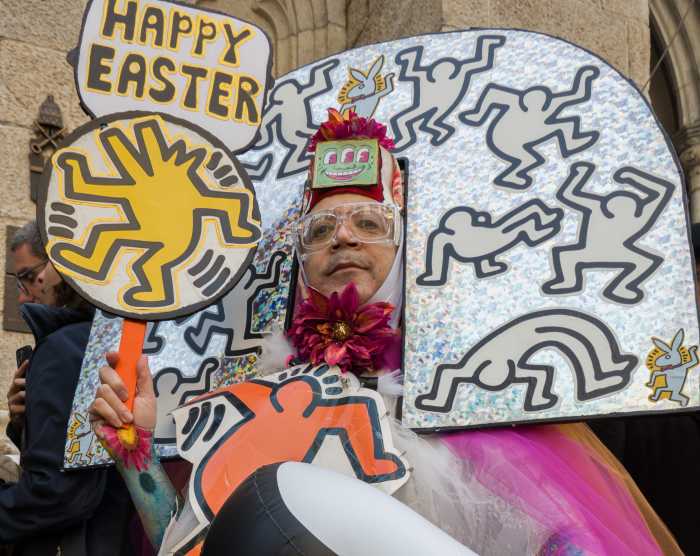New Yorkers are facing an unprecedented convergence of housing crises. The statewide eviction and foreclosure moratorium has expired after 22 months and hundreds of thousands of New Yorkers are burdened with rent, mortgage, and utility arrears that have accumulated during the economic hardships brought on by COVID-19. Worse still, more than 92,000 New Yorkers are experiencing homelessness.
We will need multiple approaches to resolve these interrelated crises. We’re scrambling to replenish the COVID-19 Emergency Rental Assistance Program and the Homeowner Assistance Program with State and federal funds to cover unpaid housing costs, and to provide legal services to help New Yorkers stay in their homes. Yet even as we work to mitigate the worst effects of COVID-19, we know that long before the pandemic, homelessness and evictions of New Yorkers who were unable to pay their rent were already at crisis levels.
One lesson from the pandemic is that keeping people housed literally saves lives. In reality, this lesson is just a reminder of the many well-documented benefits of stable housing, including better health outcomes for elderly and disabled tenants and better educational outcomes for children. We must finally learn this lesson and commit ourselves to ending the eviction and homelessness crisis once and for all. A big part of the solution is funding and implementing a proposal we introduced on the eve of the pandemic — the Housing Access Voucher Program (HAVP).
Imagine that you and your family, after living in a homeless shelter, are ready to move on and find a permanent, safe home. You know life in shelters carries more risk for COVID-19 infection, even for the vaccinated and that every day you remain heightens that risk and puts your family in danger of getting sick. However, most apartments are out of your financial reach, and even though you qualify for a number of rental assistance programs, there are long waitlists, and none are immediately available.
Of course this is not just a hypothetical scenario, but a reality for tens of thousands of New Yorkers. To address the critical shortage of permanent housing resources, HAVP would offer State-funded subsidies similar to federal Section 8 — which provides rental assistance to help low-income families, people with disabilities, and the elderly afford apartments in market-rate housing. Half of the HAVP funds would go to families on the verge of homelessness, allowing them to stay in their current homes. The other half would go to homeless New Yorkers, providing a path to permanent housing.
In January, Governor Kathy Hochul unveiled her record-setting budget proposal, calling it as a “once-in-a-generation opportunity” for the state. Both houses of the State Legislature have embraced many of the Governor’s initiatives, but have proposed adding $250 million for HAVP — enough to house 20,000 households in the first year of the program.
As we negotiate toward adopting the final budget by April 1st, the Governor and the Legislature have an opportunity to create a robust safety net and take a major step toward ending the homelessness and eviction crises. HAVP will be cheaper, safer, and healthier than temporary shelter and it will be one of the only housing subsidies accessible to undocumented individuals and mixed-status families. The legislation will require local agencies to inspect rental units to ensure that they meet safety and quality standards. In many of our policy debates, the interests of tenants and landlords are at odds, but in this instance they are actually aligned, with landlord organizations such as CHIP and REBNY joining tenant groups in supporting HAVP.
The homelessness and eviction crises have represented a profound failure in New York’s efforts to provide for people’s most basic needs for decades now. Perhaps the COVID-19 pandemic, by reminding us of the centrality of stable, permanent housing in all of our lives, will finally spur us to sustained and decisive action to end these crises. Creating a new large-scale statewide rental assistance program would be a major step forward. Let’s enact and fund the Housing Access Voucher Program.
New York State Senator Brian Kavanagh and Assemblymember Steven Cymbrowitz are the Chairs of the Senate and Assembly Housing Committees; Judith Goldiner is the Attorney-in-Charge of the Civil Law Reform Unit at The Legal Aid Society.
